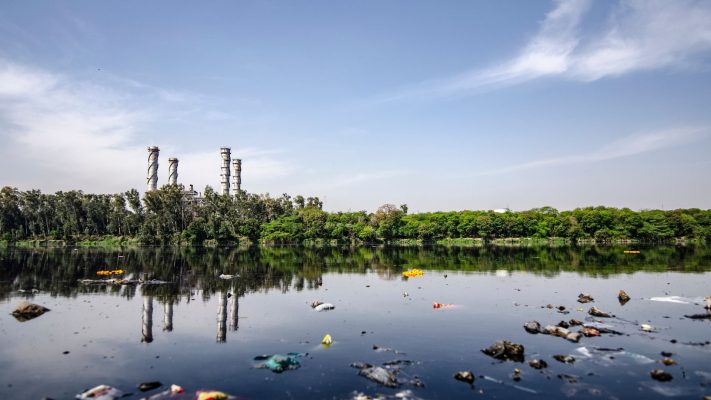Leveraging Partnerships to Address Agriculture and Water Deficits in Central Africa
Across Cameroon, the Democratic Republic of Congo (DRC), and the Central African Republic (CAR), the challenges of achieving sustainable agricultural productivity and reliable access to clean water are deeply intertwined. Outdated infrastructure, lack of investment, and the growing impacts of climate change have exacerbated these deficits, with devastating consequences for local communities.
However, through strategic partnerships with foreign donor organizations and development finance institutions, these Central African nations are beginning to unlock the resources and expertise needed to overcome these formidable obstacles.

Confronting the Barriers to Agricultural Sustainability
Agriculture remains the backbone of the economies in Cameroon, the DRC, and the CAR, employing the majority of the workforce and contributing significantly to national GDP. Yet, the sector faces significant hurdles that impede its long-term viability.
Outdated irrigation systems, poor post-harvest storage facilities, and limited access to modern farming technologies have stifled agricultural productivity across the region. In the DRC, for example, only 6% of arable land is currently under irrigation, while in Cameroon, outdated infrastructure leads to significant crop losses each year.
Moreover, the impacts of climate change, including erratic rainfall patterns and prolonged droughts, have further undermined the resilience of smallholder farmers, who make up the majority of the agricultural workforce in these countries.
Tackling the Water Access Crisis
Alongside the challenges in the agricultural sector, these Central African nations are also grappling with a severe water access crisis. According to the World Bank, only 53% of the population in Cameroon, 37% in the CAR, and 52% in the DRC have access to basic drinking water services, with the situation being even more dire in rural areas.
The reasons for this water scarcity are multifaceted, rooted in the region’s challenging geographic, economic, and infrastructural landscape. Rugged terrain, poverty, and years of underinvestment have left many communities without access to functional water points, water treatment facilities, or distribution networks.
The Power of Partnerships
In the face of these daunting challenges, partnerships with foreign donor organizations and development finance institutions have emerged as a critical pathway to driving progress and ensuring long-term sustainability.
Through such collaborations, Central African governments have been able to secure much-needed funding for large-scale infrastructure projects, such as the rehabilitation of irrigation systems, the construction of water treatment plants, and the installation of solar-powered boreholes.
Moreover, these partnerships have facilitated the transfer of technical expertise and the implementation of capacity-building initiatives, empowering local communities to manage and maintain these vital assets effectively.
Showcasing Successful Collaborations
One notable example is the partnership between the government of Cameroon and the African Development Bank, which has led to the implementation of the Logone-et-Chari Integrated Rural Development Project. This initiative has not only rehabilitated critical irrigation infrastructure but has also supported the adoption of climate-smart agricultural practices, benefiting over 30,000 smallholder farmers in the region.
In the DRC, the collaboration between the government and the World Bank has resulted in the Strengthening Agri-Food Value Chain Development Project, which has provided technical assistance, access to finance, and infrastructure upgrades to boost the productivity and resilience of the country’s agricultural sector.
Towards a Sustainable Future
As these partnerships continue to evolve and expand, they hold the promise of contributing to long-term, sustainable development across Cameroon, the DRC, and the CAR. By addressing the interlinked challenges of agricultural productivity and water access, these collaborations can pave the way for improved livelihoods, enhanced food security, and more resilient communities.
However, to fully capitalize on the potential of these partnerships, a renewed commitment from both local governments and international donors is essential. Increased investment, policy reforms, and a focus on empowering local stakeholders will be crucial in ensuring the long-term success and scalability of these initiatives.
Together, by leveraging the expertise, resources, and shared vision of diverse partners, we can unlock a future of prosperity and resilience for the people of Central Africa.
ResourcePrime C
Phone: +237 657 890 123 / +18122200822
Email: info@resourceprime.com